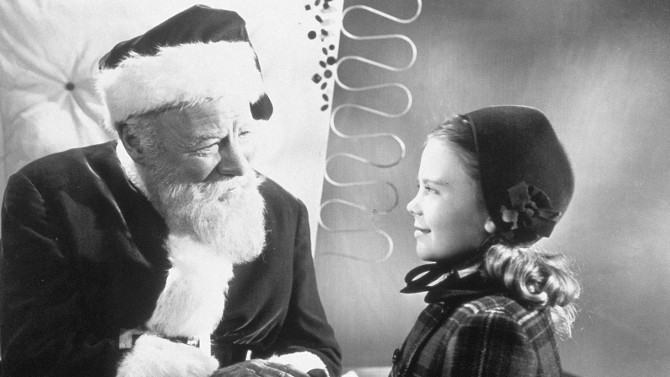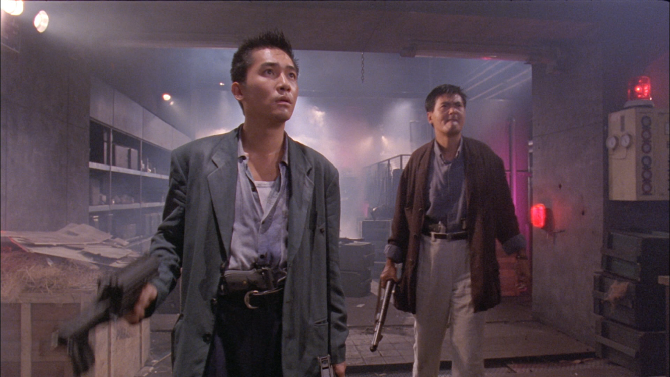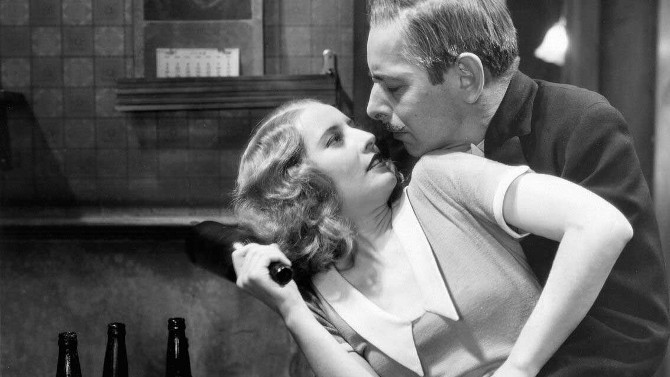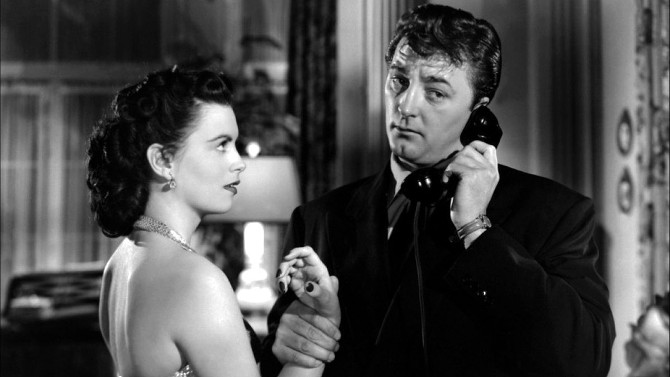
An Impossible Mission
How do you wrap up a franchise like Mission: Impossible? That is, if this even is the final installment... as they’ve made it sound (while at the same time, stars not named ‘Tom Cruise’ pipe up and suggest that might not be so). It has been twenty-nine years, with different writers and visionary directors – from twisty Brian De Palma and the action hair stylings of John Woo, to the lens flares of J.J. Abrams and animation expert Brad Bird, it was only about ten years ago that the franchise decided to opt for The Usual Suspects scribe Christopher McQuarrie for the final four. To return to that opening question once more, you could end with a Sopranos’ style cliffhanger, simply make another entertaining movie like the many before – like Everybody Loves Raymond did it with its final episode, or try to tie everything up in a neat little bow by bringing everything together as the Daniel Craig era did with James Bond. Well, it is definitely more along the lines of the latter example, with some distinct differences.
-

I Believe
Miracle on 34th StreetDecember 23, 2018A Christmas movie that is truly special has that moment. . . that specific sequence magically able to transcend the medium – enlivening our spirits, touching our hearts, rejuvenating the soul. . . a bell ringing – it giving an angel its wings; a humbug of a man able to get another chance at really living life; a family, despite all odds, getting home to their young son that has been left home alone; and, in today’s film, though the ending could arguably be it, a woman brings her newly adopted (orphaned) Dutch daughter to see Santa Claus at the mall, as the little girl truly believes she will be able to speak to him – her mother, knowing that he can’t speak the language, is gobsmacked when he starts to talk to her – bringing so much joy to her cherub-like face. Of course, you’ve probably guessed it, I am referencing George Seaton’s 1947 classic Miracle on 34th Street (he both writes and directs). After a drunk Santa is removed from his post during the Macy’s Thanksgiving Day Parade thanks to the complaint of Kris Kringle (Edmund Gwenn – winning an Oscar for the role), methodical event director Doris Walker (Maureen O’Hara) asks the man to don the suit – filmed during the actual parade.
-

This One Will Go Over-Easy
Hard-BoiledDecember 17, 2018With a title that brings to mind the film noirs of yesteryear, or, an egg for that matter, 1992's Hard-Boiled is an action packed extravaganza from writer/director John Woo (his last bombastic Hong Kong feature before heading over to Hollywood). With a score that often surprisingly leans to the jazzy side (composed by Michael Gibbs), providing a noirish vibe to be sure (the at-times harsh lighting does not hurt either), Woo actually originally set out to create some sort of unique cross between Dirty Harry and Bullitt (a self professed lover of Clint Eastwood and Steve McQueen), and, if you amped the action up to eleven in both of these films, you’d have something along the lines of Hard-Boiled.
-

You’ve Got the Cutest Little Baby Face
Baby FaceDecember 12, 2018Arguably one of the most scandalous narratives to come out of the pre-code era, Alfred E. Green’s notorious 1933 romantic drama Baby Face was one of the films that was so very controversial that it ended up giving the Motion Picture Production Code (Hays Code) its bite – the reigning moral guide for the next thirty plus years. With a story from Darryl F. Zanuck (yes, the powerhouse studio head of 20th Century Fox – written under his pseudonym, Mark Canfield), the story follows Lily Powers (Barbara Stanwyck), aptly described by the bawdy tagline – “she had it and made it pay”.
-

Take 5
A Star Is BornDecember 8, 2018Ah, classic Hollywood – no, not one of those gems of yesteryear, rather, I’m talking about their love of remakes. . . specifically, A Star Is Born – this being the fourth time it has been remade (following the 1937 original starring Janet Gaynor and Fredric March, you have the 1954 version with Judy Garland and James Mason, then the 1976 rock musical version featuring Barbra Streisand and Kris Kristofferson, and lastly, at least until this year, was the 2013 Bollywood effort led by Shraddha Kapoor and Aditya Roy Kapur). All sarcastic joking aside, despite this 2018 story having been reworked more times than the excuses students have tried to come up with when showing up to school without their homework, it is one of the main Academy Award hopefuls this awards season. Co-written and directed by Bradley Cooper (his first directorial effort, his co-scribes are Eric Roth – Forrest Gump, and Will Fetters), Cooper himself plays the role of Jackson Maine, a country rocker with an affinity for pill-popping, and, if you notch that up a few more levels, you’ll find his addiction to alcohol.
-

Elementary
The Private Life of Sherlock HolmesDecember 4, 2018A unique take on the Sir Arthur Conan Doyle sleuth, Billy Wilder and longtime co-writer/producer I.A.L. Diamond, take the viewer inside the reclusive world of the enigmatic detective, or as the title suggests, The Private Life of Sherlock Holmes. Released in 1970, it was originally intended to be a three hour Road Show epic (with intermission in the middle), featuring three shorter vignettes and one larger narrative driving the story forward – sadly, the final product found only the main portion as well as one mini-segment (United Artists having a run of flops in 1969, they felt the best way to market the film was to cut it back to its present two hour, five minute runtime – Wilder’s thoughts upon seeing it, “when I came back [from Paris], it was an absolute disaster, the way it was cut. The whole prologue was cut, a half-sequence was cut. I had tears in my eyes as I looked at the thing. It was the most elegant picture I’ve ever shot.”).
-

Life in the Fast Lane
Where Danger LivesNovember 29, 2018Imagine the scenario: a striking woman gets rolled into the hospital – an attempted suicide; a shapely mystery for a young doctor – with windswept hair and eyes that are as mesmerizing as a pool of slowly moving water. . . when he finally revives her, they look at each other. . . and time stops! Take one quick glance at the poster for Where Danger Lives, a thrilling 1950 film noir written by Charles Bennett (a man known to work with Hitchcock quite often in his earlier days – think The 39 Steps and Foreign Correspondent) and directed by John Farrow (Around the World in 80 Days and father of Mia), and you’ll know. . . the pair are in for quite the tempestuous roller coaster ride of a love affair.
